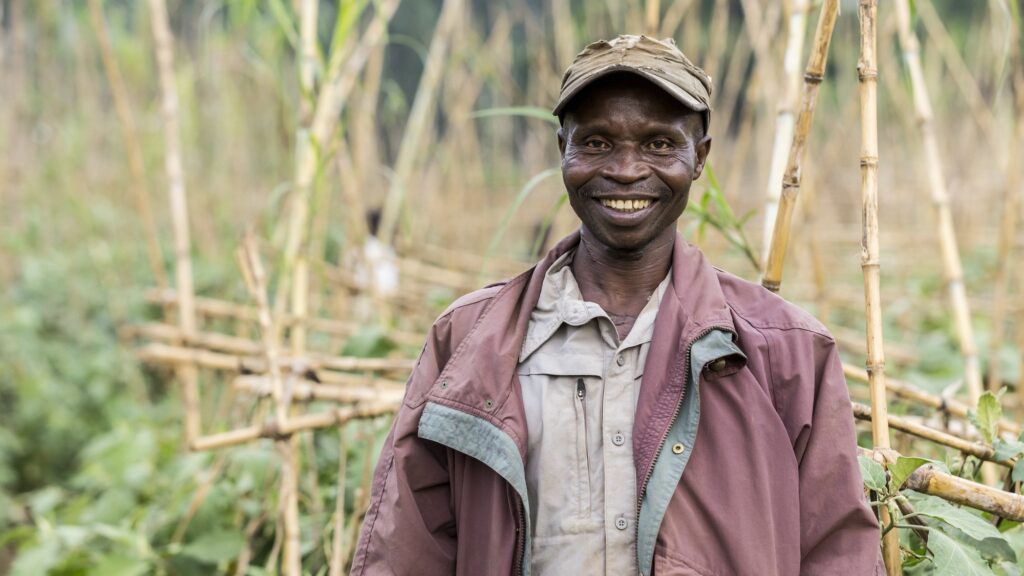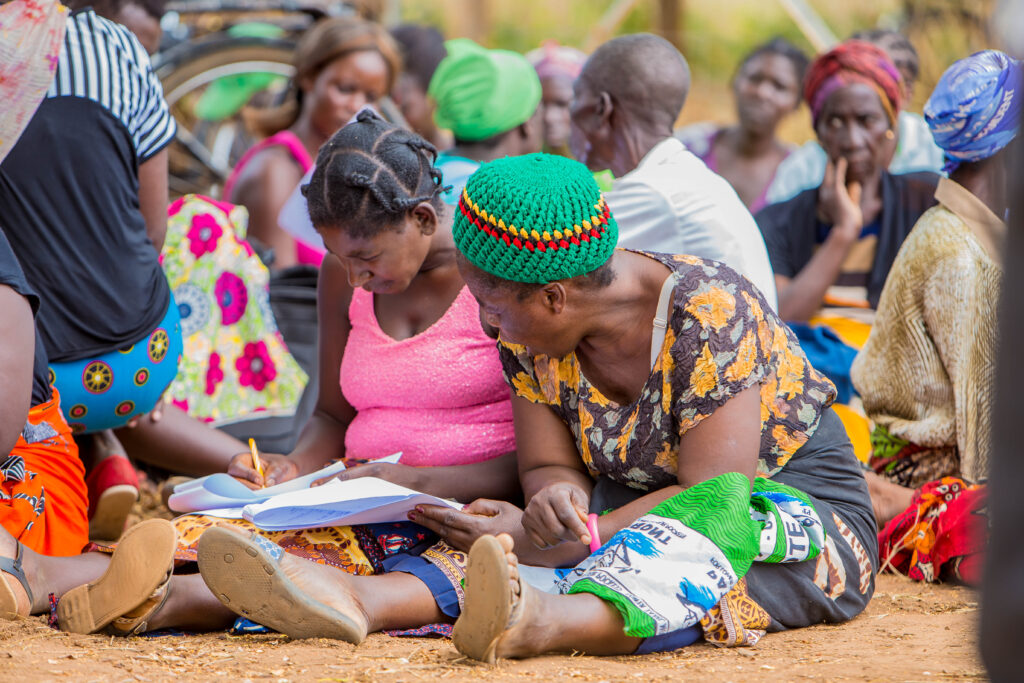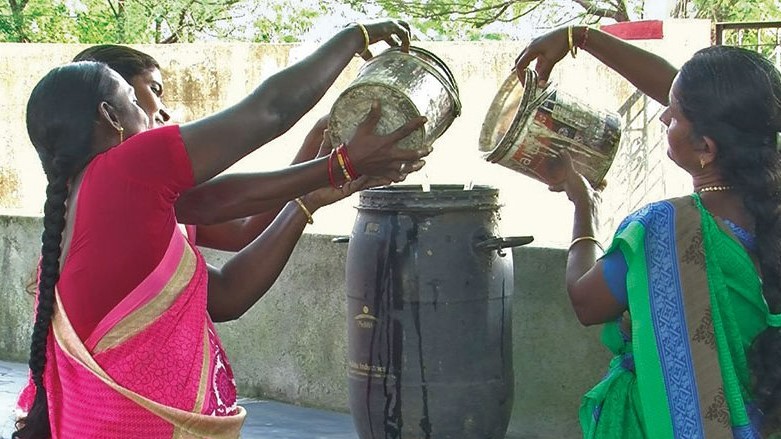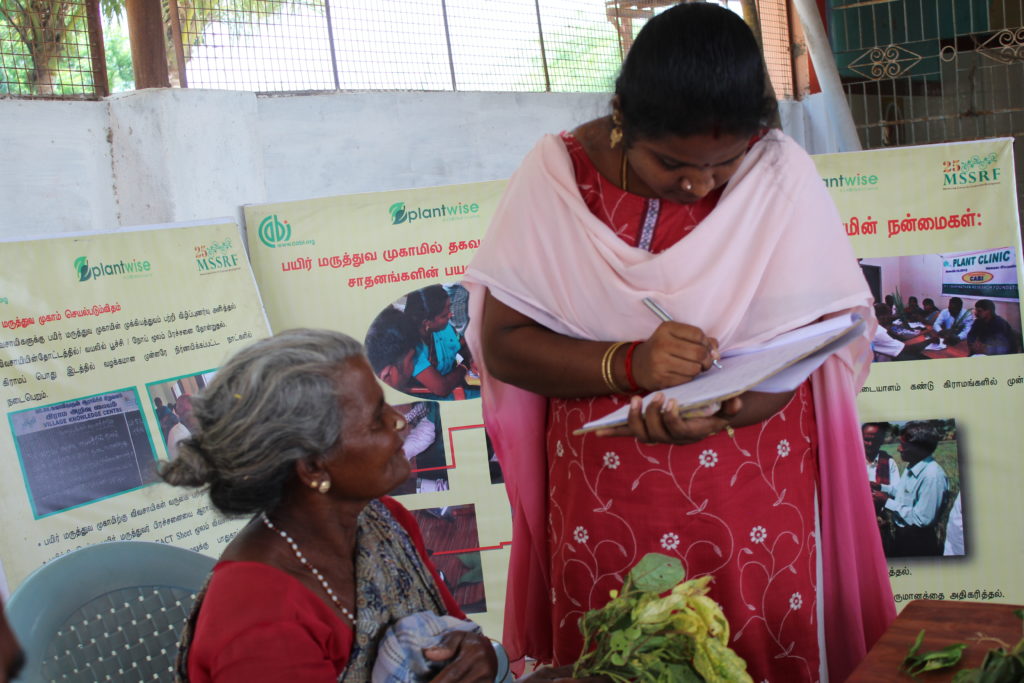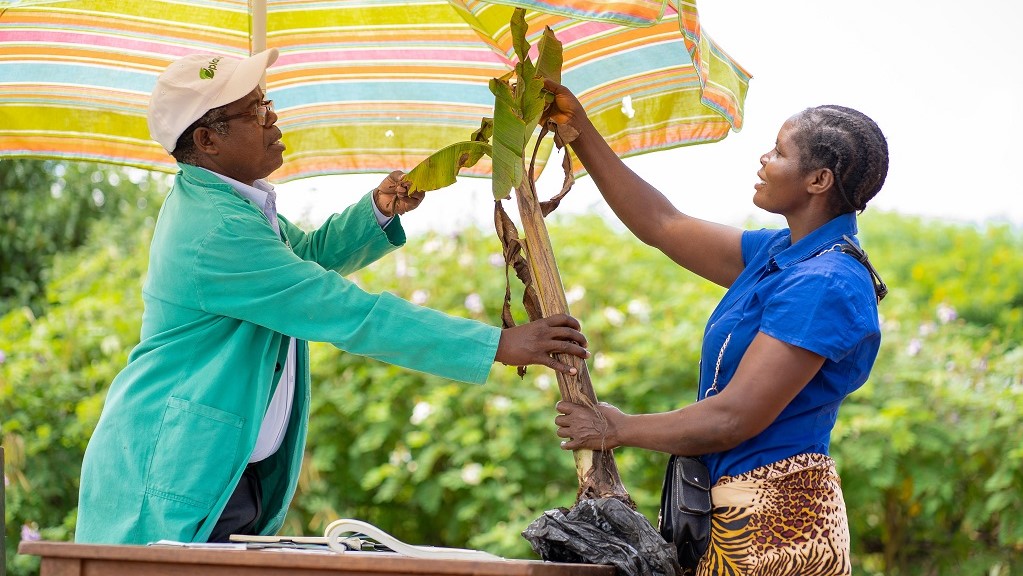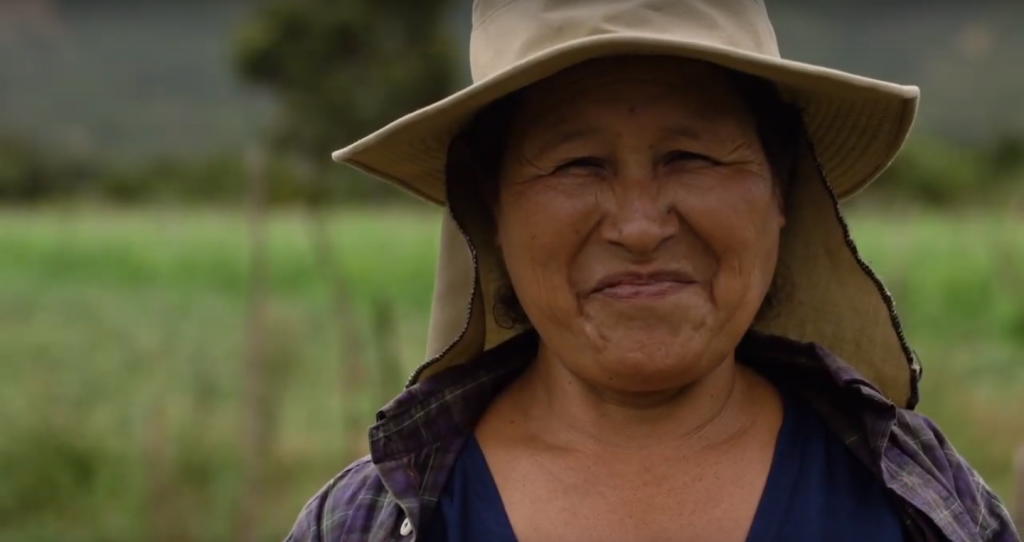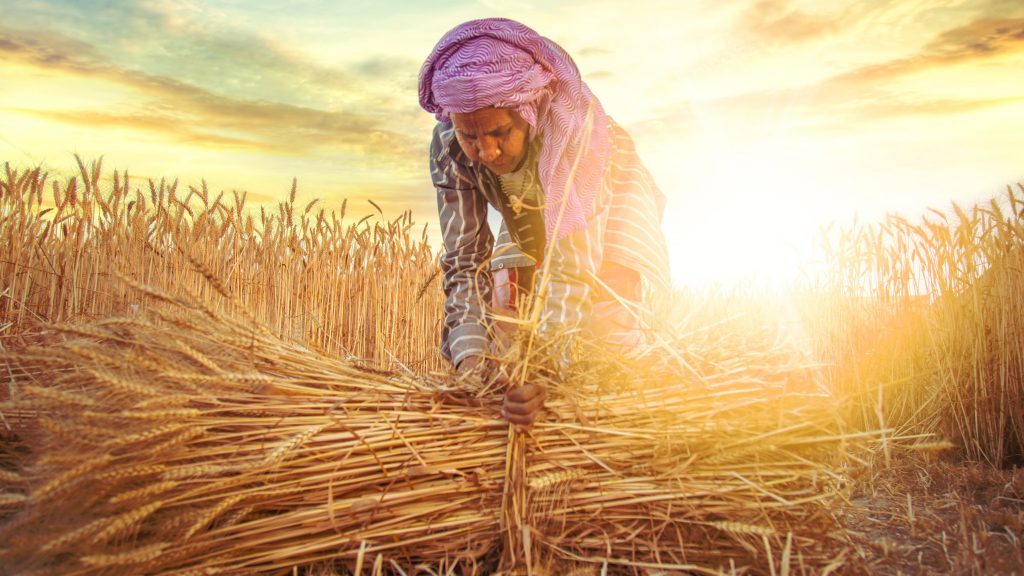5 reasons to increase gender-equal education in agriculture
In agriculture, a domain where women play a pivotal yet often underrepresented role, promoting gender-equal education is not just a matter of equity but also a catalyst for community advancement. International Women’s Day, recently celebrated, serves as a poignant reminder of the strides made and the challenges that remain in achieving gender equality across various…
How Plantwise plant clinics supported a women-led cottage industry in India
In 2003, twelve women in Chokkalingam Puddur village started a local biocontrol agent production unit. The Ellya Thendral women self-help group produced and marketed five different types of fungal biopesticides. Their cottage industry received a boost when a Plantwise plant clinic was established in their village. CABI’s Plantwise programme partnered with M S Swaminathan Research…
More women are getting access to plant health advice through Plantwise and they grow the same crops as men
It is widely known that women have less access than men to agricultural extension services. Extension agents most often speak to household heads who tend to be men, as well as other male farmers. Plus, the extension agents themselves also tend to be men. Women often work longer hours than men too (12-17 hours per…
“We the women can do it.” Meet Jacinta, a farmer from Bolivia
In a new video, Plantwise follows the life of Jacinta Delgadillo, a farmer from Comarapa, Bolivia. Jacinta and her family grow beans, peppers, and other crops for food and to generate an income. When the crops are attacked by pests and diseases, Jacinta uses her local plant clinic to gain knowledge on how to better…
Female farmers and extension workers should take the lead in reducing gender inequality in agriculture
A CABI-led study which compares male and female perceptions of access to and use of agricultural advisory services to help improve yields says women should take a lead role in helping to reduce inequalities which hinder their contribution to farming. Julien Lamontagne-Godwin, lead author of a new paper, published open access in the Journal of Agricultural Education…
Meeting the needs of women farmers in Pakistan
Globally, women represent 43% of the agricultural labour force but they have less access than men to credit, education, land ownership, high quality inputs, and rural advisory services. Agriculture can be a powerful pathway out of poverty but without fair access to these things, women aren’t always in a position to fully benefit.

